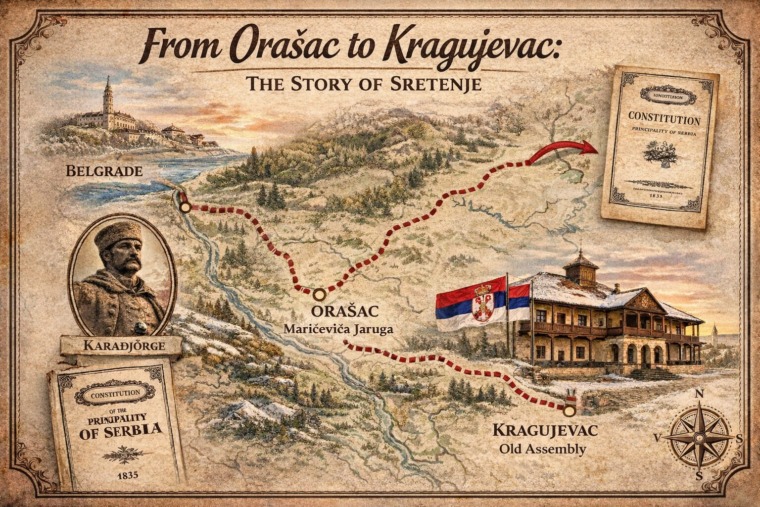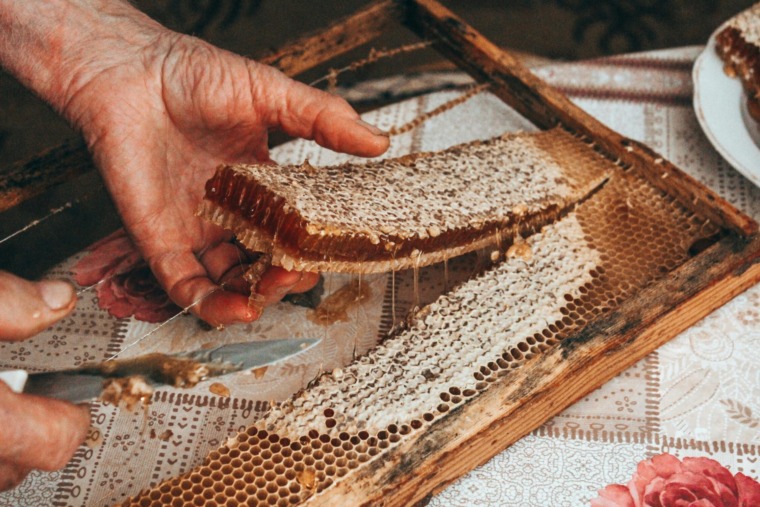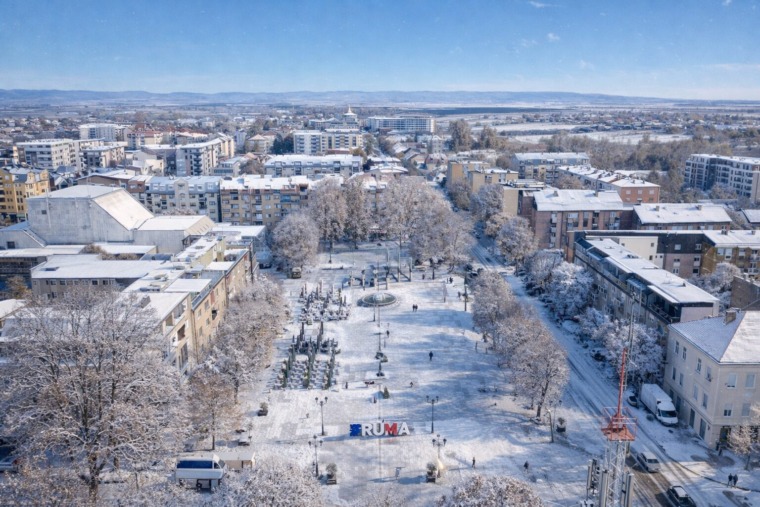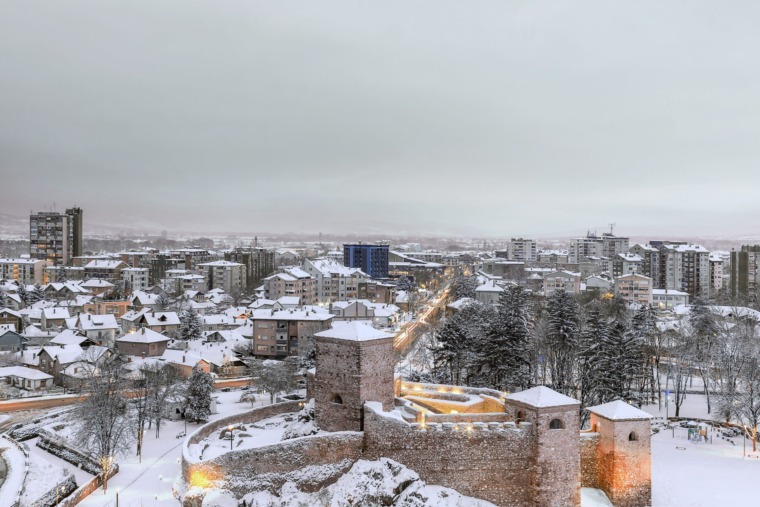

Doing business in Serbia is more than just signing papers and shaking hands. It’s about building trust, understanding local customs, and yes — drinking a lot of strong coffee. Whether you’re launching a startup in Belgrade or negotiating a deal in Niš, knowing the unwritten rules can make all the difference.
Here’s what you should know about Serbian business etiquette — so you can work smarter, connect deeper, and avoid any awkward moments.
🤝 Greetings: Always With a Firm Handshake
A firm handshake, direct eye contact, and a slight smile — that’s how every Serbian business meeting starts. Use the person’s full name and appropriate title (Mr./Mrs. or gospodin/gospođa) until you’re invited to switch to first names.

Don’t be surprised if people greet you with more warmth than you expect. Serbs are naturally expressive and friendly — a positive sign, not unprofessional behavior.
☕ Coffee First, Then Business
In Serbia, coffee is not just a beverage — it’s a ritual. Expect every meeting to start with a strong cup of domaća kafa (Serbian-style black coffee) or espresso. This isn’t just hospitality — it’s a soft introduction before diving into business.
📌 Tip: Don’t rush it. The coffee moment is where you break the ice, gauge the tone, and connect on a human level.
🗓 Punctuality Matters — But Be Flexible
Serbians appreciate punctuality, especially in formal business settings. However, delays of 5–10 minutes are generally tolerated — especially in traffic-heavy cities like Belgrade.
Meetings may start slightly late, but can last longer than expected. Don’t plan back-to-back meetings too tightly.
💬 Communication: Direct, But Respectful
Serbian business culture favors clear, straightforward communication. People are often very honest — sometimes even blunt — but usually in a professional and non-offensive way.

Expect direct questions, firm opinions, and lively discussion. That’s not confrontation — that’s engagement.
🤝 Relationships Over Transactions
Trust is everything. Serbs want to know who they’re doing business with — not just what you’re offering. Building strong personal relationships is often more important than the deal itself.
This is why networking, informal meetings, and long-term engagement matter so much. Don’t expect major decisions to be made quickly — people take time to assess your reliability and character.
🧍♂️ Hierarchy Is Respected
In Serbian companies, especially traditional ones, hierarchy is important. Senior executives are given deference, and major decisions usually come from the top.
That said, the younger generation of entrepreneurs, especially in startups, are much more informal and collaborative — so adjust based on the business environment.
🥂 Business Dinners: Formal, But Friendly
Business meals — especially dinners — are common and can be lavish. You may be invited to a traditional restaurant (kafana) where food, wine, and music flow freely.

Be open, polite, and relaxed. But avoid talking about politics or religion unless you know your company well. And always toast with a heartfelt „Živeli!“ before taking a sip.
🧳 Dress Code: Classic and Smart
Business attire in Serbia leans toward elegant and professional. Dark suits, crisp shirts, and polished shoes are common for men; women usually opt for sophisticated and modest elegance.
Start more formal — you can always dress down later based on the company culture.
Things to Avoid
- Don’t underestimate small talk. It builds trust.
- Avoid arrogance. Modesty is valued more than showmanship.
- Don’t rush a decision. Patience pays off.
- Never refuse a coffee or rakija too strongly. It’s considered impolite — even if you only take a sip!
Doing business in Serbia isn’t just about numbers — it’s about people. Understanding local etiquette is your shortcut to trust, cooperation, and success.
Come with an open mind, a strong handshake, and a willingness to drink coffee like a local — and you’re already halfway there.









